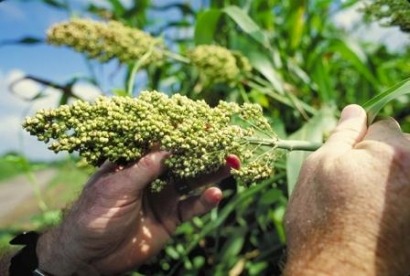
Ramón Varela Morales from the research team explains that his team "are testing bioethanol produced from sweet sorghum juice which, according to the results we have obtained, can offer a higher yield per acre than sugar cane in a one-year cycle," with up to three harvests per year in tropical climates, while sugar cane only provides a single annual harvest.
Sweet sorghum is used for animal feed in Panama. For this latest research, a collaborative agreement was reached with a Colombian company that owns the rights over the seed.
The biggest advantage of the sweet sorghum, says Varela, “is that it does not compete with food for humans. The United States produces ethanol from corn, which has raised the price of this product for human consumption; while in Brazil ethanol is produced from sugar cane, which has increased the cost of sugar".
Varela’s team still has to complete feasibility studies to begin production of ethanol using sweet sorghum, while a public-private partnership or private capital will be required to reach industrial-scale output.
This research and development project was presented by the National Secretariat for Science, Technology and Research (SENACYT).
For additional information:

